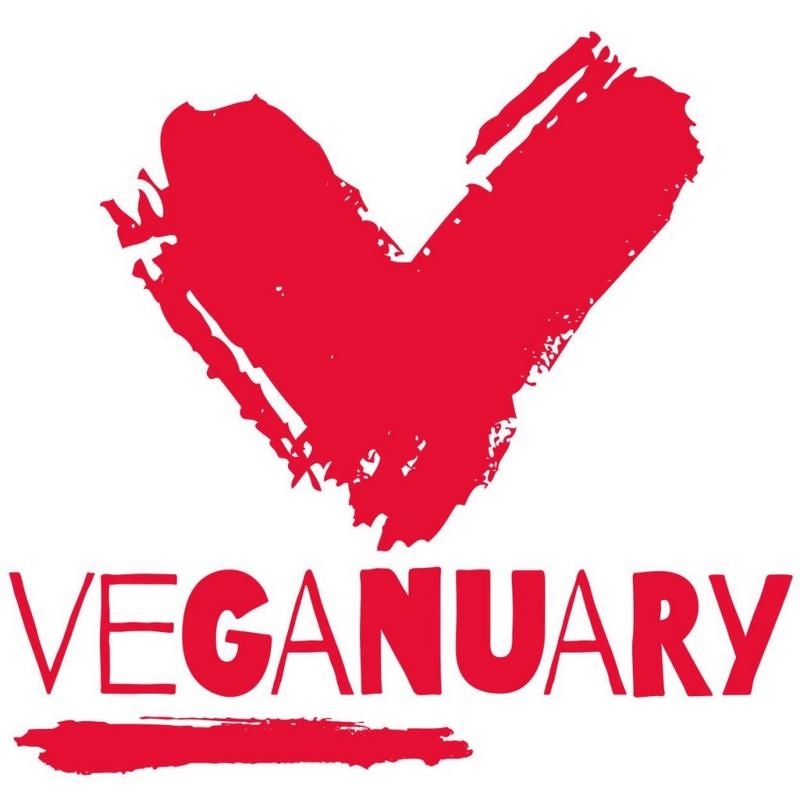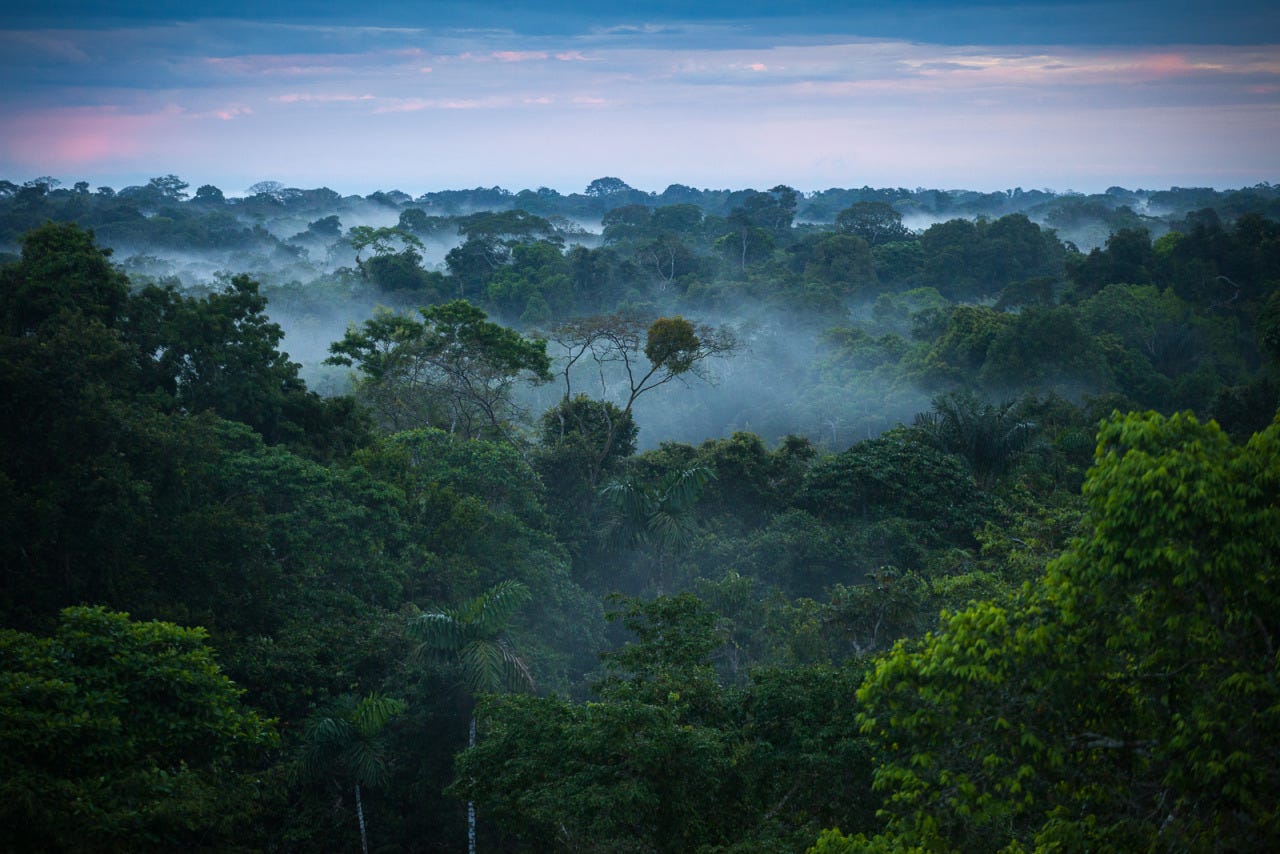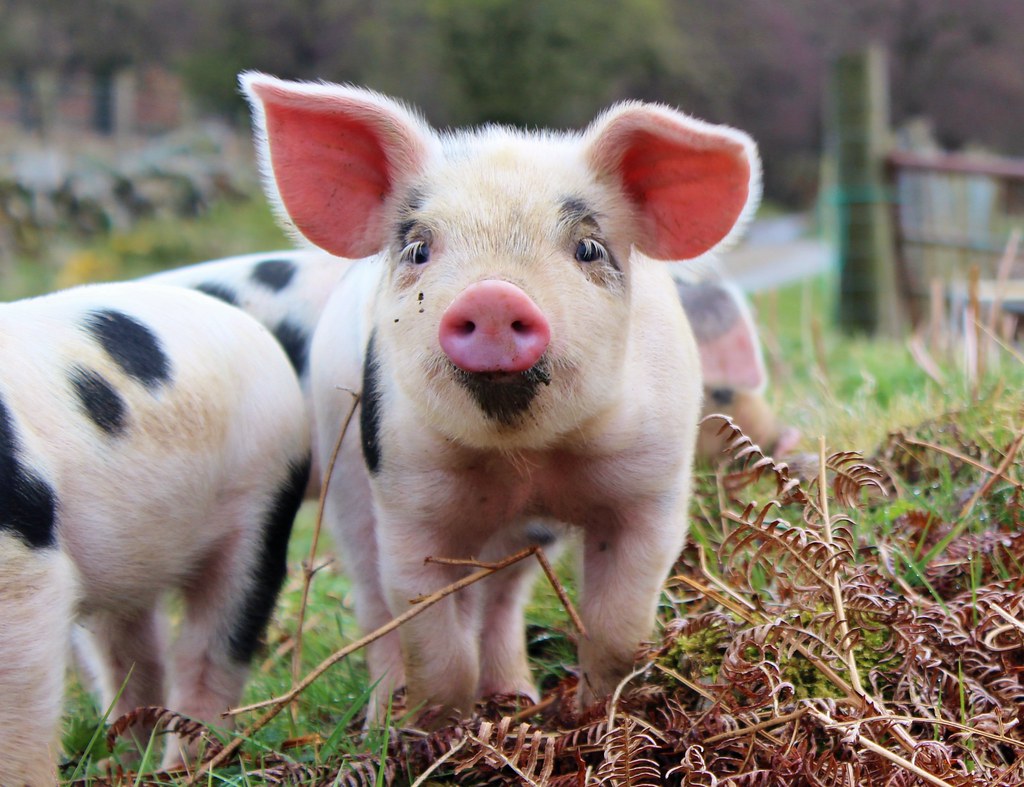
 Why You Should Try Veganuary
Why You Should Try Veganuary
Veganuary - the month where you can try being vegan without having to tell people you’re vegan. It’s an awesome opportunity to give the lifestyle a go in any capacity, to get a taste of what going vegan could mean for you and for our ecosystem.
Veganism comes in different shapes and sizes - with many people preferring to call themselves ‘plant-based’ if they haven’t yet committed to eliminating leather, wool or animal tested products from their lifestyles. If you speak to your local vegan, they will probably tell you they are in a transition, as they gradually eliminate these things from their lives or that they only choose to go as far as the food. Essentially, the vegan philosophy is not there to dictate how you choose to make a change - it should serve as an inspiration to make more positive changes to your lifestyle in any capacity possible.
Initially, try getting rid of the animal products in your diet & products and you’ll begin to see changes that might make you want to learn more.
Even though these changes can seem small or insignificant, you can be part of the growing number of people who are removing their monetary support from animal product based industries and companies that exploit animals such as animal tested cosmetics. By removing your monetary support you are lessening demand for these industries - this in turn lessens the supply and all the negative effects that come with it. The argument of ‘what can one person do?’ is one that has followed most calls for change in history from protesting and democratic change to recycling, this isn’t a valid argument or excuse at all.
Heres a few other reasons why you should try Veganuary:
You are saving the planet

Vegans, vegetarians, plant-based dieters and those who are decreasing their intake of animal products are making a measurable difference to reduce carbon emissions. In 2017 experts from all over the world wrote Warning to Humanity, an open letter about the climate crisis which was signed by more than 15,000 scientists. It says that one of the things the average person can do to tackle carbon emissions is to switch a plant-based diet.
Based on statistics from the incredible documentary Cowspiracy,'one month of veganism can save 124,917 litres of water, 543 kilos of grain, 840 sq ft of forested land and 273 kilos of C02. Currently, the animal product industry is responsible for 51% of all greenhouse gas emissions worldwide - more than the combined exhaust of every land, air and sea vehicle on the planet.
It is also important to note that plants eat carbon! Today, a third of the land on this planet that isn't covered with ice or water is used to farm animals or their feed. Imagine the potential carbon-absorption power that could be generated if this land was used to farm plants instead, from vegetables, fruits, grains and plant fibres. Couple this potential with the reduction of emissions from less livestock farming and the possibilities are immense.
Animal agriculture is the leading cause of extinction, water pollution and habitat destruction. Pesticides and chemical fertilizers are polluting our soil and water. Native species are killed off and their habitats destroyed to make room for crops and grazing pastures. Large-scale deforestation is limiting the size of natural habitats and cutting our carbon reduction capacities significantly and 80% of deforestation worldwide is caused by demand for land for crops and grazing, including at alarming rates in the Amazon rainforest, one of the worlds most vulnerable ecosystems, with some studies indicating that up to 91% of deforested land in the Amazon has been for animal agriculture.

You are helping solve world hunger

The amount of grain used to feed livestock is immense and could be much more effectively used to feed humans. We are currently producing enough food worldwide to feed 10 billion people, but half of our grain is going to livestock. The more meat and animal products we produce, the less people we feed and it is always those who are most in need that miss out on the food that already exists on this planet.
You will be healthier

Animal products increase your risk of cancers and heart disease. ‘The China Study,’ is based on the largest study of human nutrition ever conducted and is the basis for the documentary available on Netflix ‘Forks Over Knives.’ Watch it for a concise look at what the China Study found. The findings show that animal products increase your risk of cardiovascular diseases and cancer.
Meat is considered to be a carcinogen and animal proteins feed cancer cells. Why risk it? Plus, when you eat less meat and animal products, you will eat more plants to get full, increasing your intake of fibre, antioxidants, vitamins and minerals by default.
But where do you get your protein?
Protein deficiency isn't really a thing, malnutrition is, but if we must go into it you can get the same amount of protein from about 200g of tofu, kidney beans or lentils that you can get from 100g of lean beef or mince - without the health risks and with significantly less fat, cholesterol & bad karma and significantly more antioxidants plus fibre.
The long and short of it is that we do not need animal products to survive, nor do we need them to flourish. It is clear that modern human bodies and brains do not require animal products to grow, improve, thrive or stay healthy. Just because we can, doesn’t mean we should.
Think of the animals

Many vegans and vegetarians choose to leave out animal products from their diets and lifestyles due to the inhumane and ethically unsound practices that are associated with animal farming. 70 billion farmed animals are reared annually worldwide, most of which are raised for the purpose of slaughter for meat. More than 6 million animals are killed for food every hour. Industrial farming subjects animals to torture like machines that artificially inseminate animals, being crushed within battery cages, living in their own filth and in the dark, force-feeding, dehorning and debeaking, castration, killing of their young and injections of hormones and antibiotics.
Aside from this, animals are intelligent, social and loving. It is our social and cultural education that has told us which animals it is ok to eat and which are pets. The reality is is that many animals we eat are incredibly intelligent and do not deserve to be exploited. This point is displayed in the beautiful Netflix film Okja, by Joon-ho Bong. If you try going vegan for one month you could save 30 animal lives.
It's cheap!

Wherever the idea came from that being vegan or vegetarian was expensive has got to be some kind of meat propaganda, because it is CHEAP. Yes, vegetables and fruit take up a lot of fridge space so it might look like a lot of food but that volume is very affordable.
Throw in your staples like rice, dried pasta, bread, grains and beans and it really is inexpensive. Most grains and beans like rice, quinoa, chickpeas and kidney beans can be bought incredibly cheaply in dried bulk form and kept for years. Although convenience products like premade seitan or veggie burgers are pricey this is no different from meat or dairy convenience products, these expensive foods can be factored into your diet in small quantities or omitted completely and you could still get all your nutritional needs.
Try it for a month! That way you’ve got a 30-day window to get educated without the guilt. Your wallet, your planet, your body and the animals will thank you
Netflix Watchlist:
Cowspiracy
Forks Over Knives
Okja
